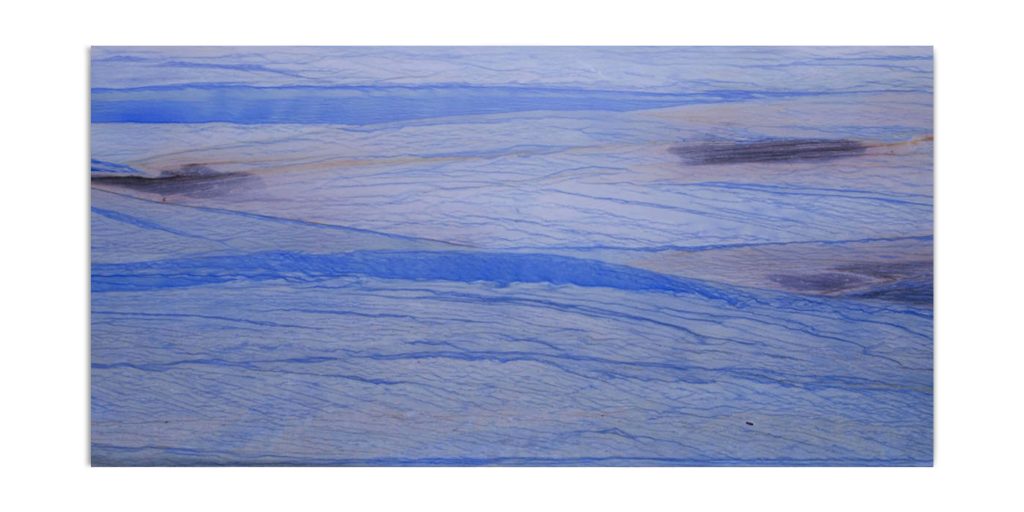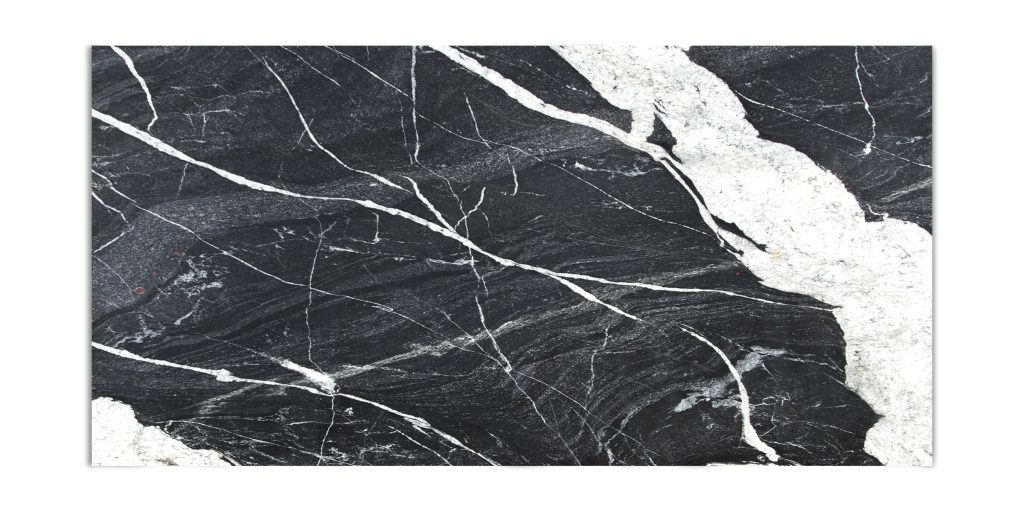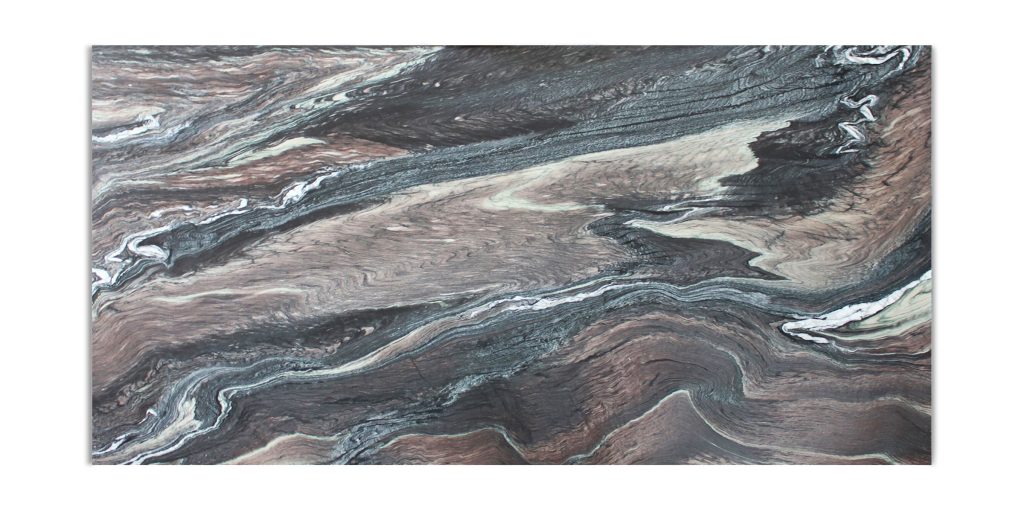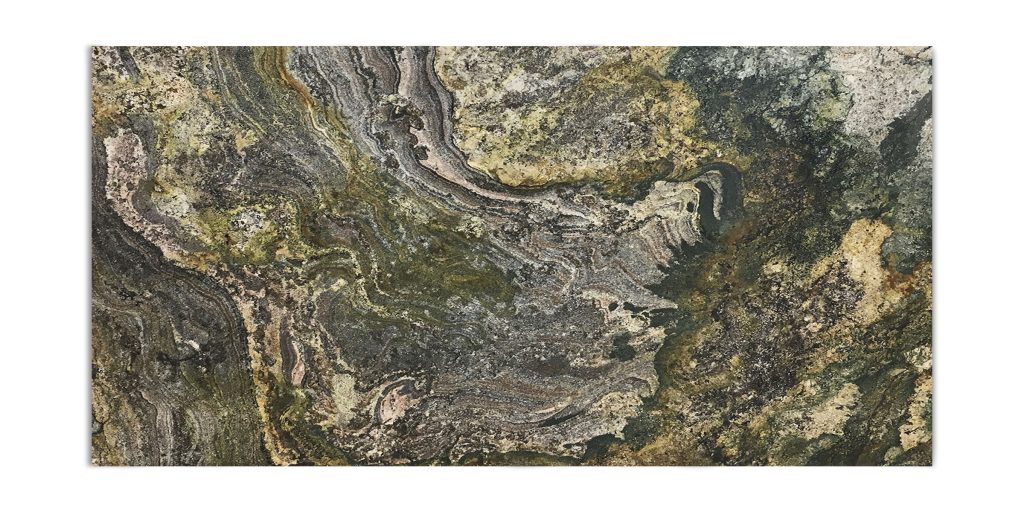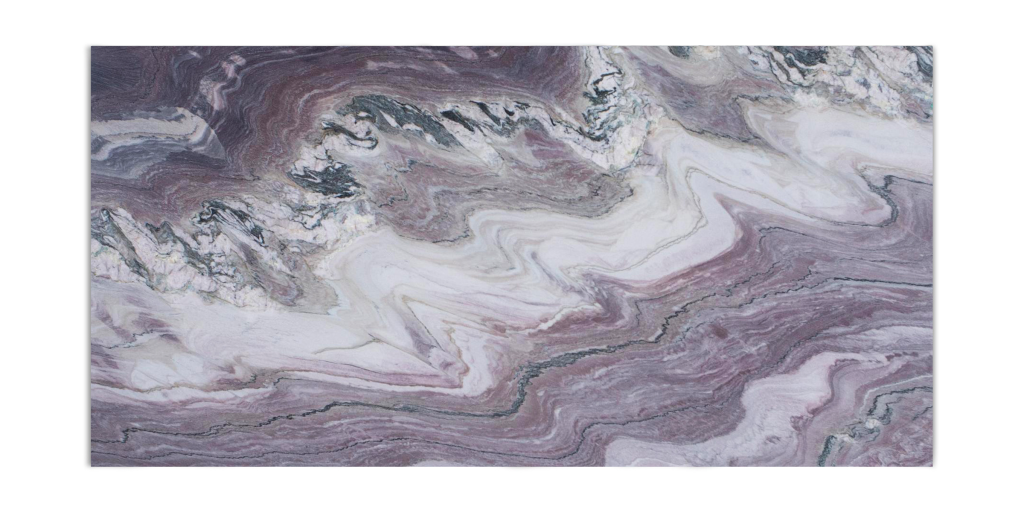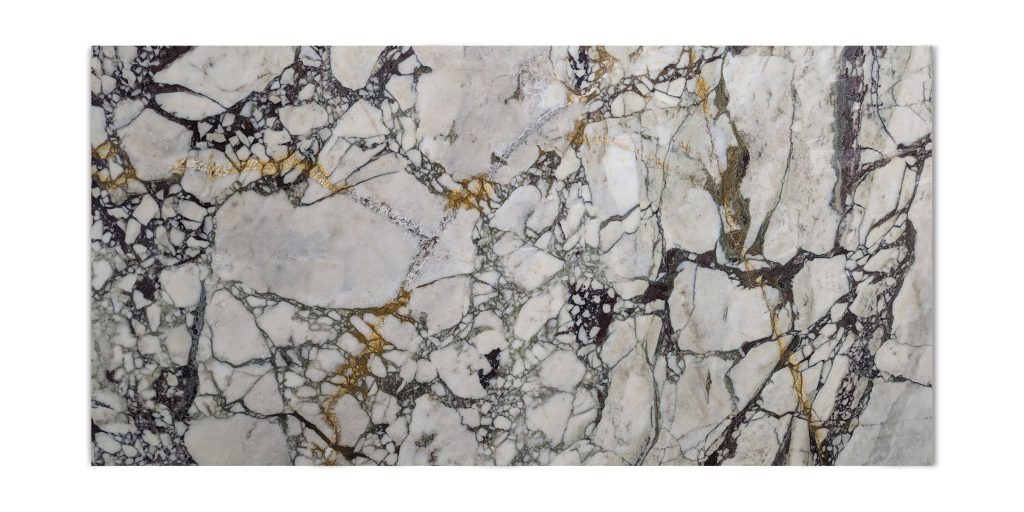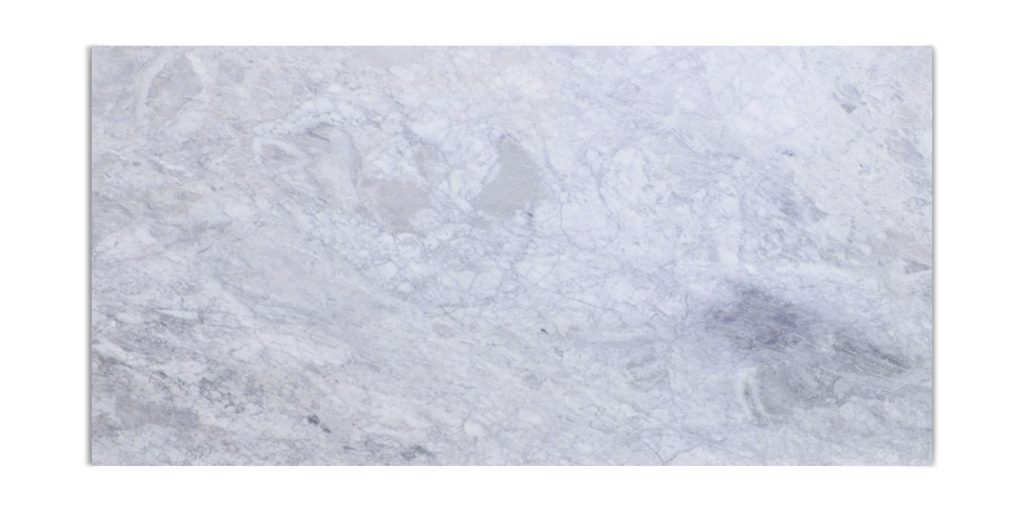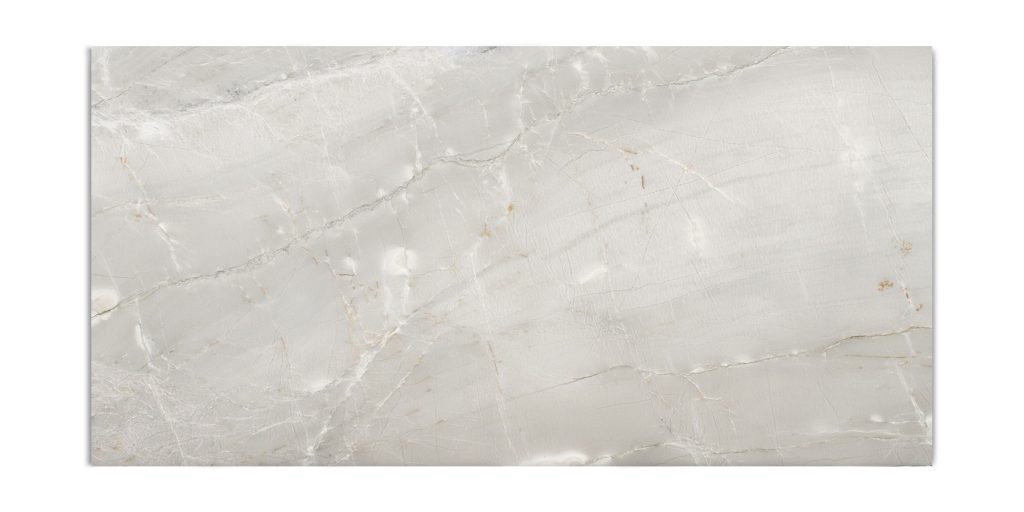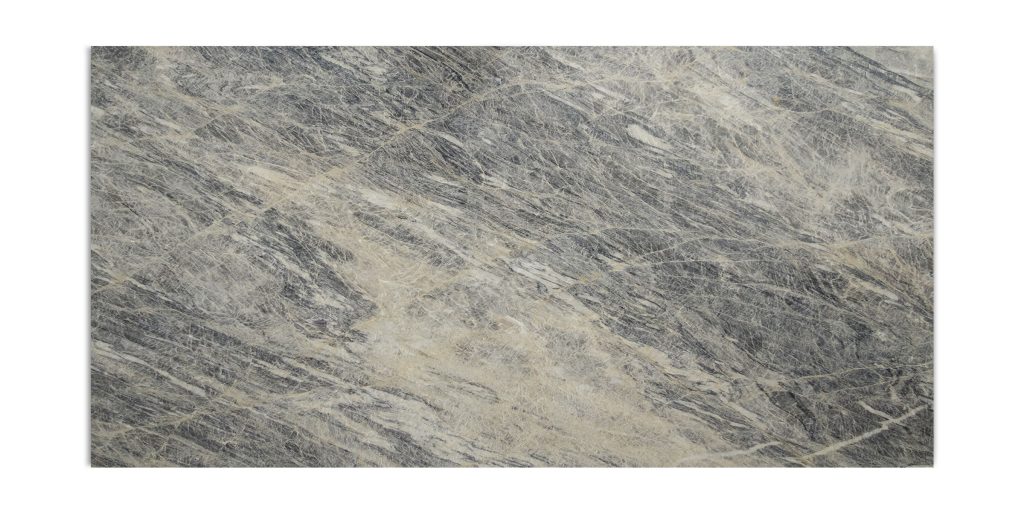Is blue quartzite rare?
Is blue quartzite rare? When it comes to natural stone countertops and tiles, blue quartzite stands out for its striking beauty and unique coloration. Its vibrant shades of blue, often interspersed with veins of white, grey, or even gold, can transform any space into a luxurious haven. But with such distinct and captivating aesthetics, a common question arises: Is blue quartzite rare? In this blog post, we’ll delve into the rarity of blue quartzite, what makes it unique, and why it’s such a sought-after choice for homeowners and designers alike.
Understanding Quartzite: A Brief Overview
Quartzite is a metamorphic rock that originates from sandstone and undergoes extreme heat and pressure deep within the earth’s crust. This process fuses quartz grains together, creating a dense and highly durable stone. While quartzite is available in a variety of colors, ranging from white and grey to green and even pink, blue quartzite remains one of the most captivating and rare varieties.
Why Is Blue Quartzite Rare?
1. Unique Geological Conditions
The formation of blue quartzite requires a very specific set of geological conditions. The blue hues in quartzite are typically the result of the presence of minerals such as dumortierite or other trace elements during the metamorphic process. These minerals are not commonly found in quartzite formations, making blue quartzite a rare find.
2. Limited Quarry Locations
Blue quartzite, unlike more common shades of quartzite, exists only in select quarries around the world. Regions like Brazil, India, and a few other isolated locations produce high-quality blue quartzite. However, even in these areas, its availability remains limited. Some popular varieties include Blue Macaubas, Sodalite Blue, Ocean Blue, and Sombari Island—each with its unique patterns and intensity of blue.
3. Challenging Extraction and Processing
The extraction and processing of blue quartzite require advanced techniques due to its hardness and the need to preserve its vibrant colors and natural veining. The more complex extraction process contributes to its rarity and higher cost compared to more commonly available quartzites.
Popular Blue Quartzite Varieties
- Blue Macaubas – Known for its deep blue tones with white veining, this Brazilian quartzite is a favorite for countertops and feature walls.
- Ocean Blue – A more subdued blue with grey and white veining, perfect for creating a serene ambiance.
- Sombari Island – A vibrant blue with veins of orange, purple, and brown, offering a bold and exotic look.
Is It Worth the Investment?
Given its rarity, blue quartzite is often priced higher than other quartzites or natural stones. However, its unique beauty, combined with its durability and heat resistance, makes it a worthwhile investment for those seeking a one-of-a-kind look. Its ability to resist scratches and stains further enhances its appeal for kitchens, bathrooms, and high-traffic areas.
Conclusion
So is blue quartzite rare? In short, yes, blue quartzite is rare—both in terms of its availability and the specific conditions required for its formation. Its exclusivity, coupled with its unmatched elegance and durability, makes it a highly coveted choice for homeowners and designers looking to add a touch of luxury to their spaces. If you’re considering blue quartzite for your next renovation project, be prepared to make an investment—but rest assured, the stunning result will be worth every penny.
Have you used blue quartzite in your home or a design project? Share your experience in the comments below!

